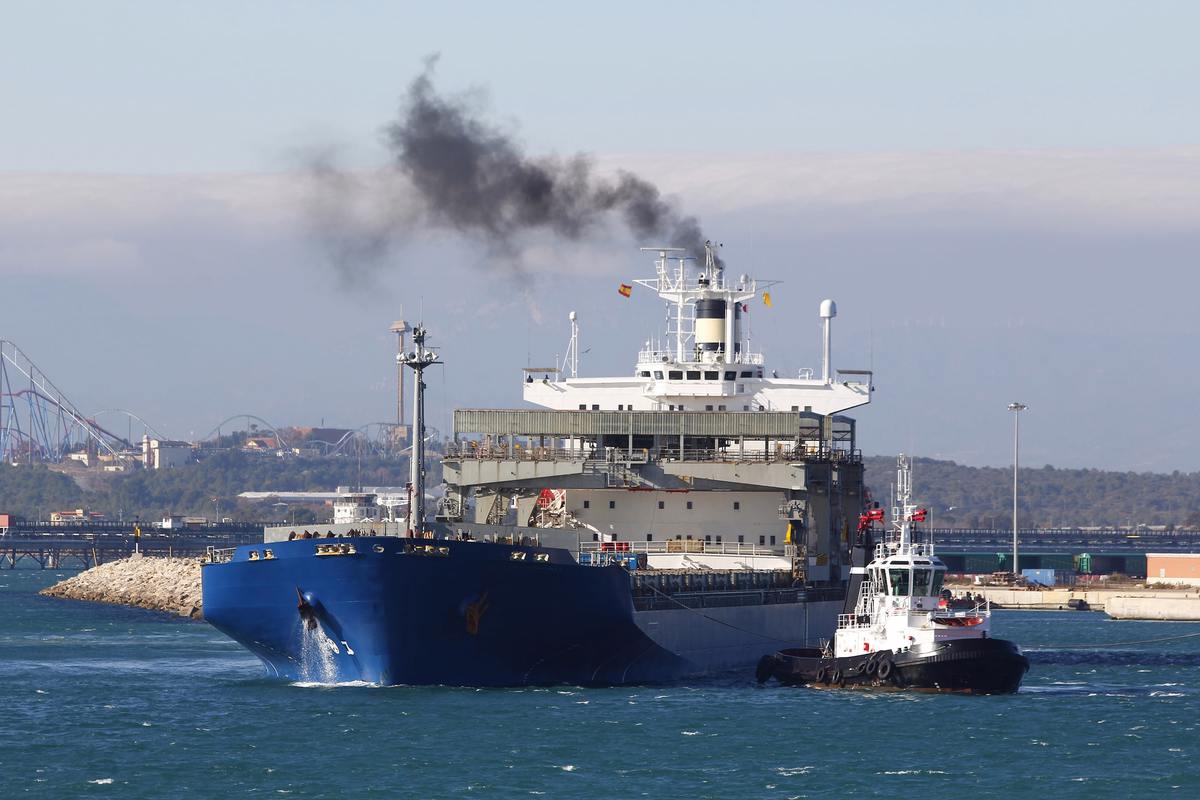The Week in Alternative Fuels
This week's top headlines reflect the industry's reactions to the IMO Marine Environment Protection Committee's (MEPC) big decision - to reach net zero by or around 2050.
 PHOTO: Getty Images
PHOTO: Getty Images
It was just last Friday that the IMO released its revised greenhouse gas (GHG) strategy to help guide the shipping sector towards a greener future. The IMO announced interim targets of 20% GHG emissions reduction by 2030 (striving for 30%) and 70% cuts by 2040 (striving for 80%) with the goal of reaching net-zero emissions by or around 2050.
However, despite more ambitious target-setting and optimistic commentary at the meeting, a critical question remained: does the revised strategy support shipping's role in reducing emissions so that the world can meet the Paris Agreement goals? The International Energy Agency claimed it did, but the International Council on Clean Transportation (ICCT) and the Global Maritime Forum (GMF) drew attention to the fine print.
The industry-led Getting to Zero Coalition argued the IMO's 2030 and 2040 checkpoints would not reduce maritime emissions to limit global warming to 1.5°C by the end of the century. Global warming, however, can still be limited below 2°C if maritime well-to-wake emissions are phased out by 2050, according to ICCT.
Nevertheless, the Getting to Zero Coalition still called the revision a significant turning point for shipping. The organisation also underscored the importance of a collaboration between national governments, regional regulators and the shipping industry to scale up green fuel production and investments in zero-emission shipping
Biofuels were also up for debate. The International Bunker Industry Association (IBIA) welcomed the IMO’s clarification that biofuels must provide a well-to-wake GHG emissions reduction of at least 65% compared to the well-to-wake emissions of fossil MGO.
“It was a hard-fought for outcome in a debate with diverging views,” IBIA said.
In other regulatory news, the European Parliament (EP) formally adopted the FuelEU Maritime and Alternative Fuel Infrastructure Regulations. This was another significant milestone for European shipping regulations after the EP’s formal adoption of the EU Emissions Trading System (ETS) in April this year. The regulations will now be sent to the European Council for ratification, and once approved, they will be published as law in the EU Official Journal.
Speaking of EU ETS, Hecla Emissions, a partnership between ship manager Wilhelmsen Ship Management (WSM) and shipbroker Affinity Shipping, broke down the cost of shipping sector’s inclusion into the regulation. Hecla Emissions estimated that the EU ETS phase-in period over the next three years could cost the shipping industry a whooping €18 billion ($19 billion).
By Konica Bhatt
Here is our selection of top five stories from this week:
MEPC 80: Has the IMO actually aligned the shipping industry with the Paris Agreement?
MEPC 80: Public-private partnerships crucial to drive shipping decarbonisation
MEPC 80: IBIA welcomes IMO’s guidance on use of biofuels
Overwhelming majority for FuelEU Maritime
Inclusion into EU ETS: Costly affair for shipping – Hecla Emissions






